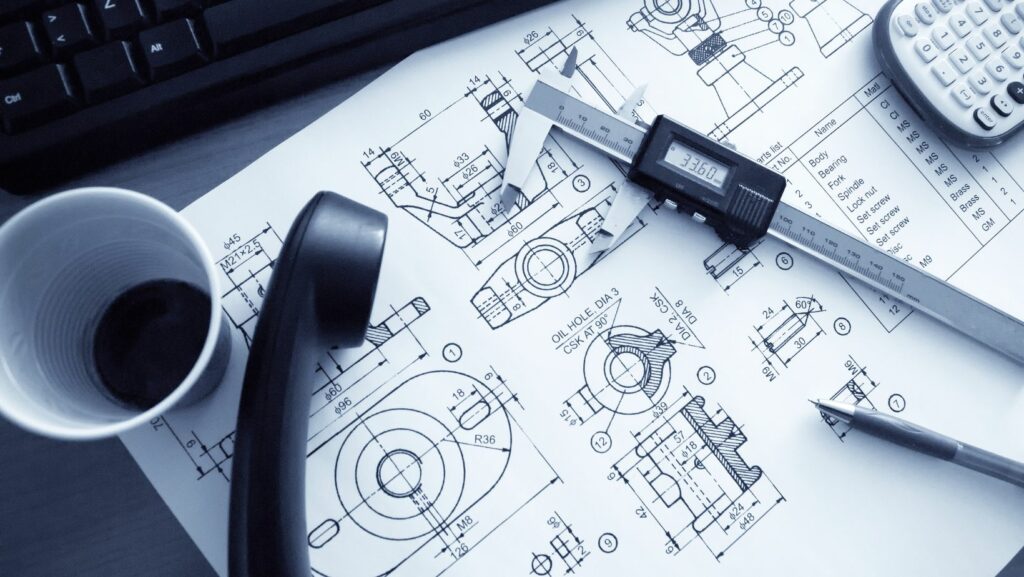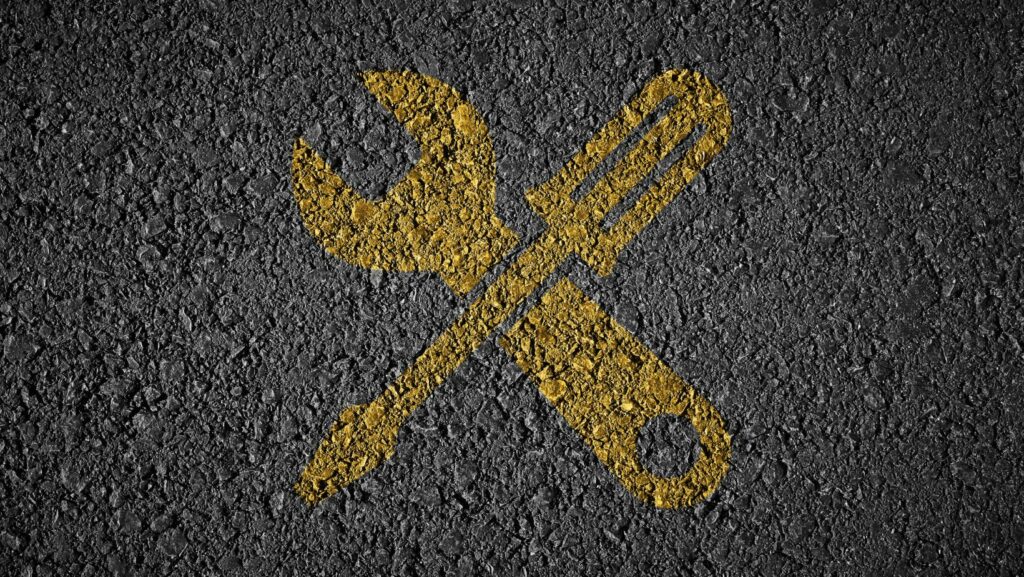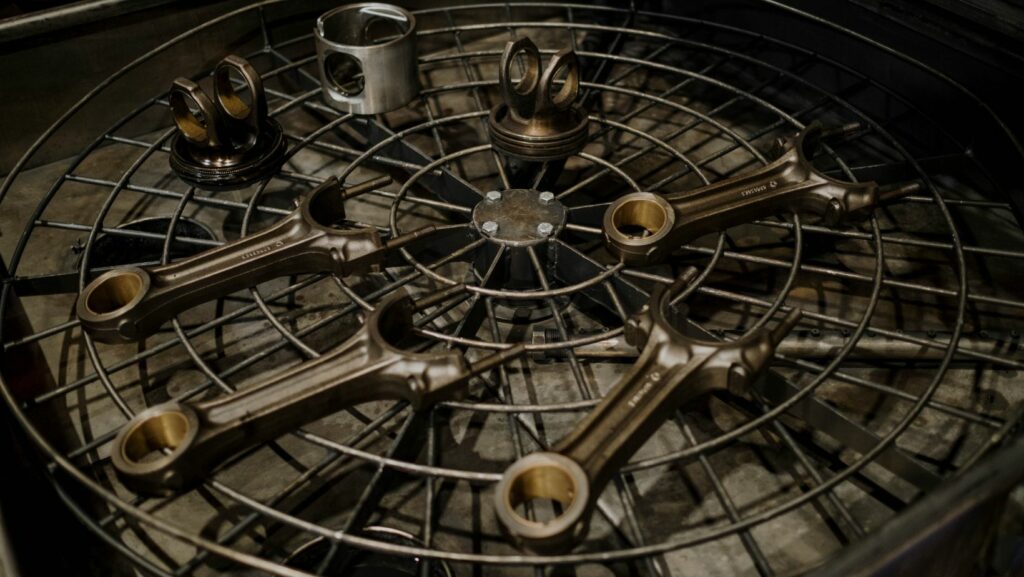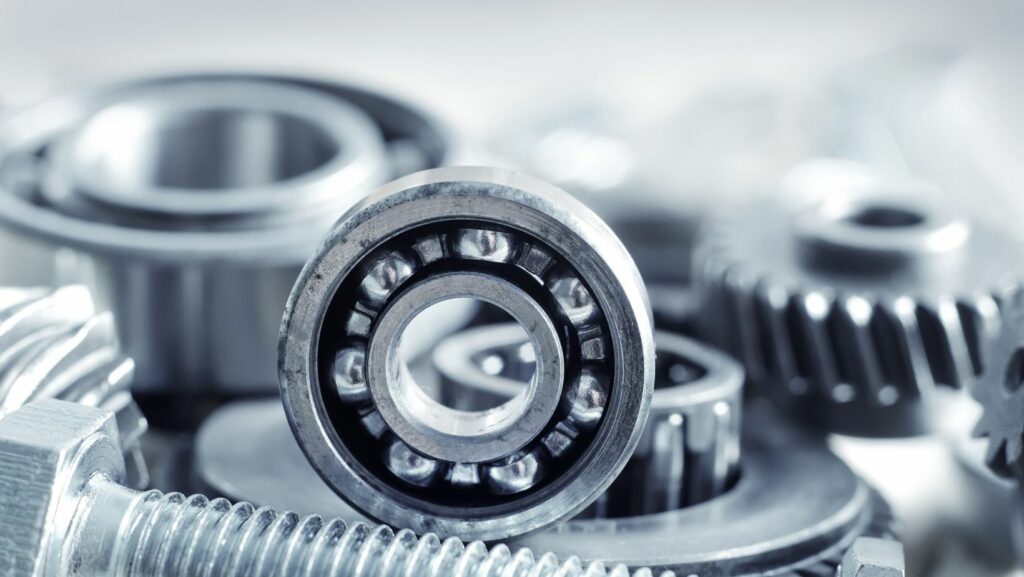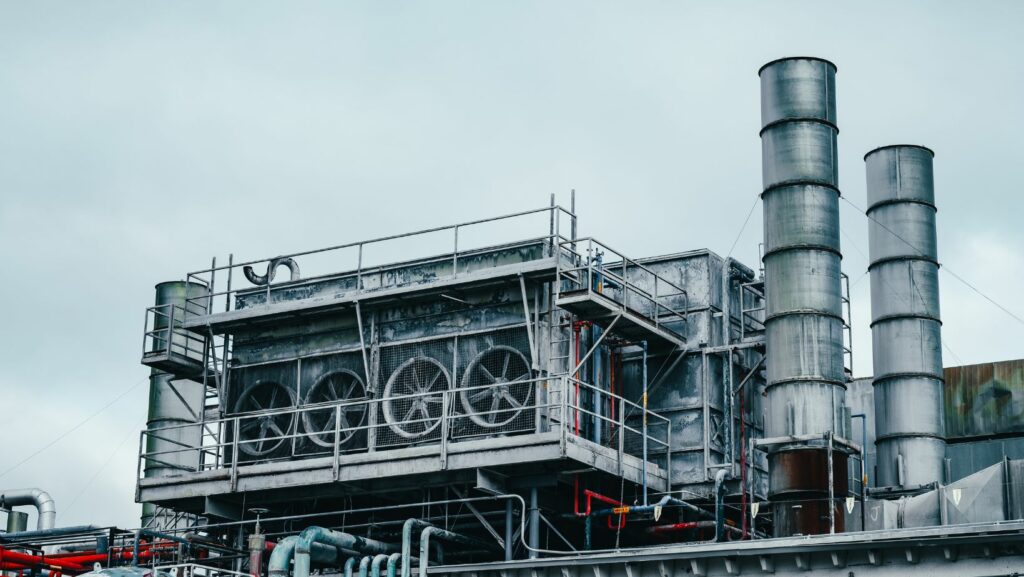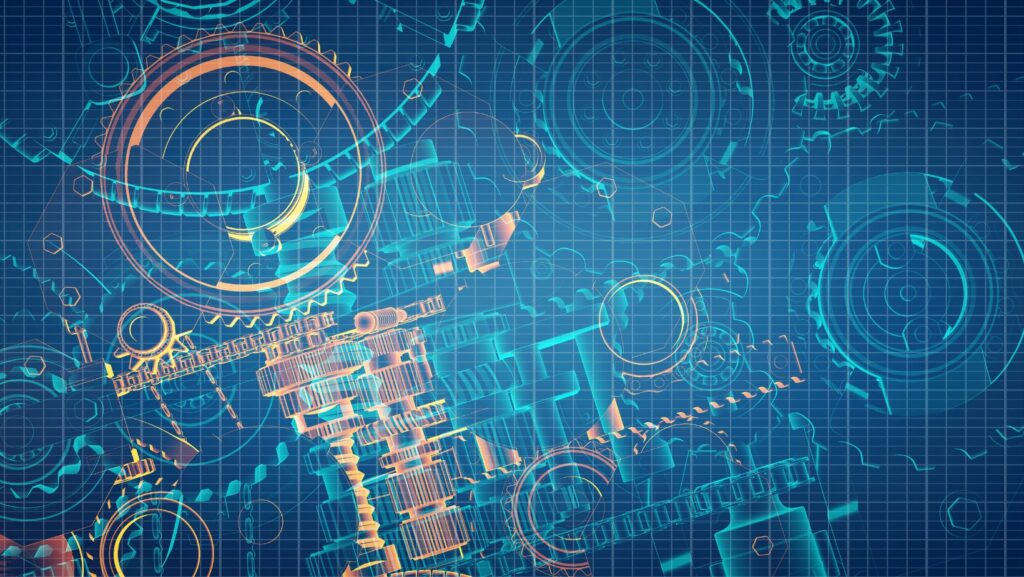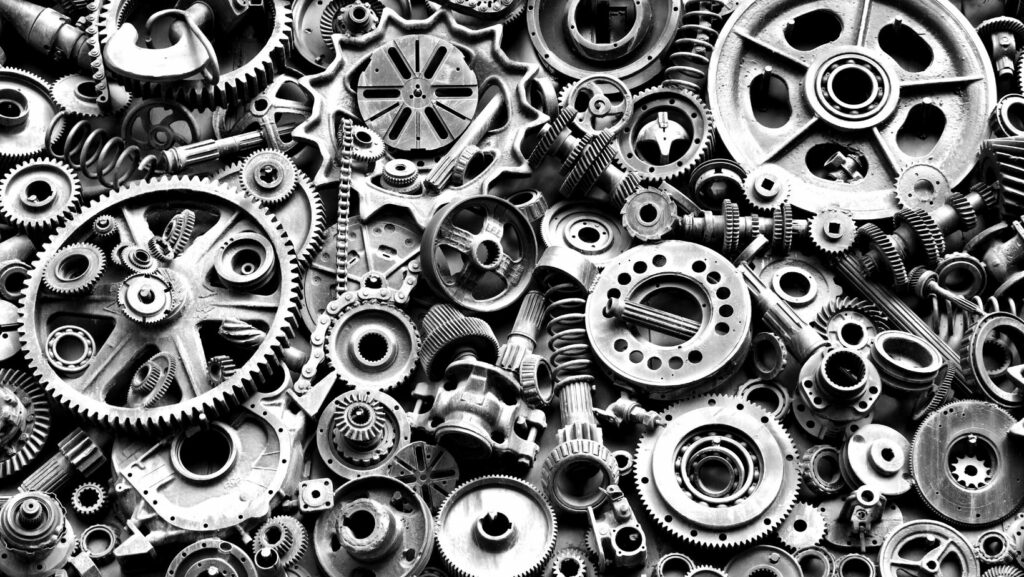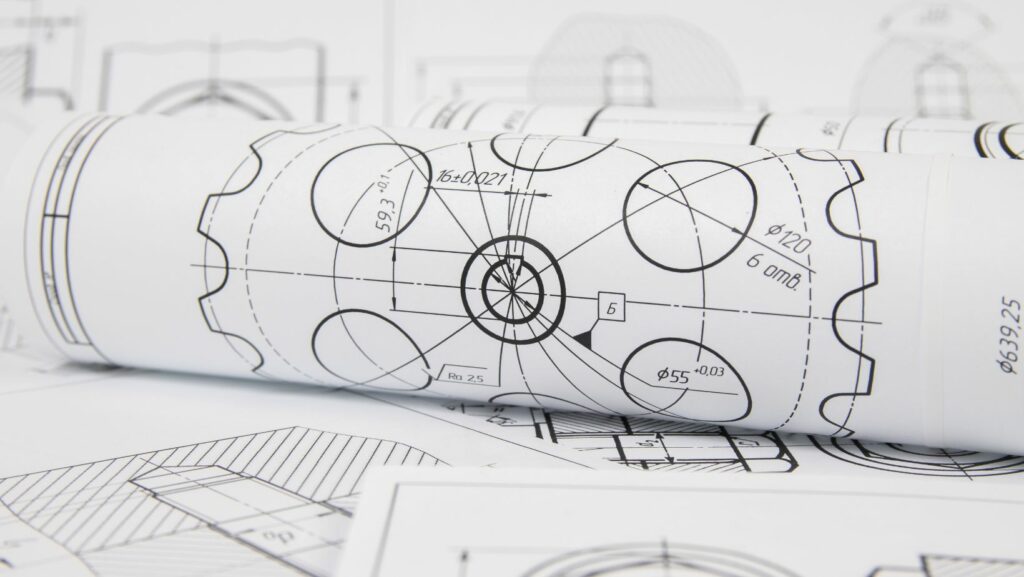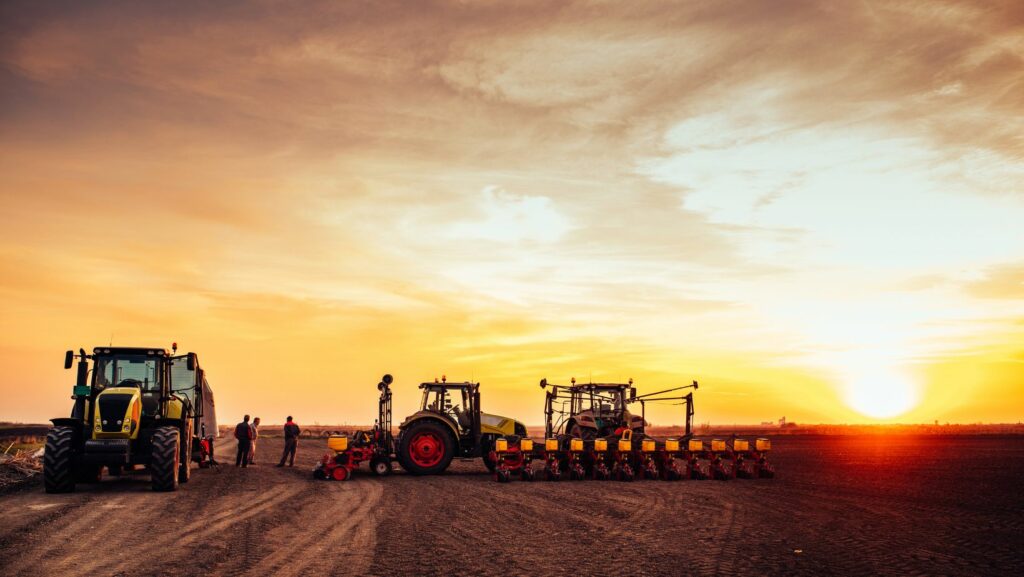Unlocking the Future of Design: The Essential Role of Mechanization Drawing in Engineering
Key Takeaways Integration of Traditional and Modern Techniques: Mechanization drawing combines traditional drafting methods with advanced technology, enhancing precision and efficiency in engineering and design. Collaboration and Real-Time Sharing: This technique promotes better collaboration among teams, allowing for real-time modifications and feedback, which streamlines the production process. Applications Across Industries: Mechanization drawing is vital in […]

